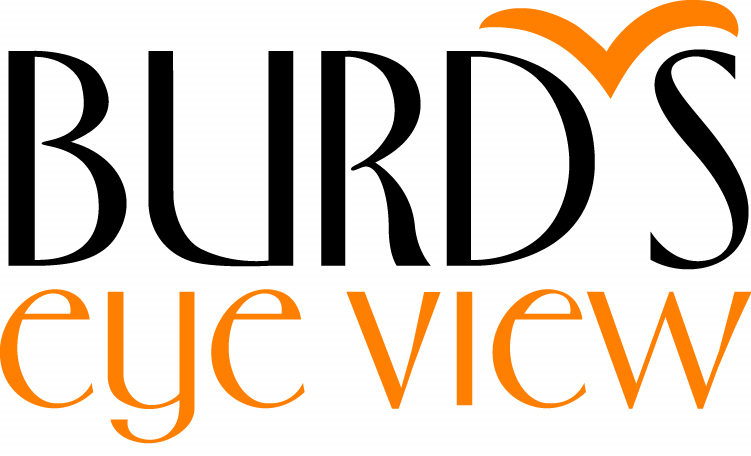Back in my twenties, I spent a couple of years getting a master's degree in Paris at La Sorbonne. Although I learned content that at times took a strikingly different perspective than did similar content for my bachelor's in the States, what I learned most was how to navigate a completely different system of education – how students and instructors interact, what it means to do well in class, how to prepare for exams and where to take them? Remarkably, this experience is evocative of what first-generation students confront when they enter college.
In The Chronicle of Higher Education last month, Chatelain writes about recently-designed courses that help first-generation students successfully navigate the "hidden curriculum" in academia. The courses have students read personal accounts to reflect on their own experiences, such as the imposter syndrome, conflicts between their own physical comfort at college and instability in housing back at home, and look at data about degree completion and lifetime earnings. They connect first year and advanced first-generation students in addition to discussing the ins and outs of relationships with professors.
This kind of course could be helpful across the nation. What are your thoughts about instituting one on your campus?



